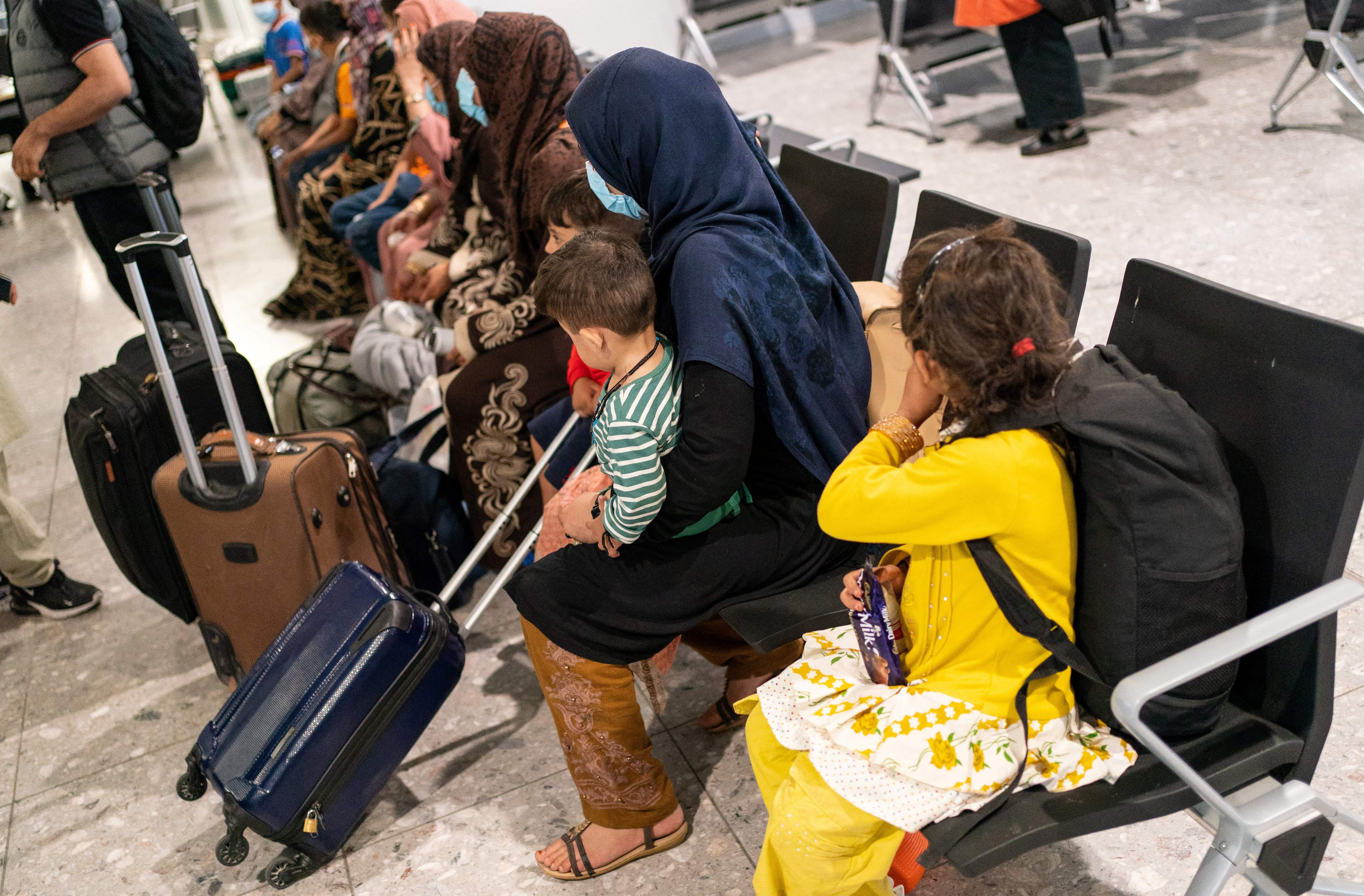Britain’s broken asylum system is ruining lives, costing taxpayers and shaming the country
Editorial: The ‘migrant crisis’ has been going on for more than two decades now, under governments of both parties, yet the basic task of processing asylum claims remains neglected and painfully slow

Not for the first time, the United Nations High Commissioner for Refugees has found the British government failing in its humanitarian obligations to asylum seekers.
In the past, the UN authorities, more used to condemning despots and dictators, have complained about squalid conditions in detention centres such as the notorious Yarl’s Wood.
Too many of the places in which refugees are held are still substandard, despite the high cost of warehousing these people in unsuitable hotel accommodation. This time, however, the UN has also attacked the cause of such conditions: the appallingly slow rate at which the Home Office processes asylum claims.
It is this fundamental failing that leads to all the other failings, the waste of public money and the inhumane treatment of people seeking shelter – and to so much distress among the migrants concerned, and dissatisfaction among the general public.
The “migrant crisis” has been going on for more than two decades now, under governments of both parties, and yet, after countless new laws and initiatives, the basic task of processing asylum claims (and removing those who have no valid claim) remains neglected and painfully slow. Hence the lack of space, and of useful ways for these people to spend their time, barred as they are from working.
The government’s failed attempts to deport small-boat migrants are “merely leaving asylum seekers in limbo at a higher cost” to the public, the latest UN report has found. The UN has not yet had the pleasure of inspecting the prison barges the Home Office has acquired in pursuit of its plan to store people in what are little better than stacks of shipping containers.
Sensibly, the UN suggests that ministers should drop their refusal to consider claims from refugees who have passed through France and other safe countries, given the “absence” of deportation agreements.
In practical terms, there is no alternative to dealing with them swiftly and either granting leave to remain or returning them to their own countries, if safe – and that will remain the case even if the very limited Rwanda scheme ever gets up and running.
A facility to make a claim from further afield than France would also help to make for an orderly situation. The flow of migrants across the English Channel certainly shows little sign of ebbing, and the legal and practical challenges of trying to patrol these waters are as formidable as ever.
The UNHCR report is rich in disturbing irony, given Suella Braverman’s phantasmagorical rhetoric about her determination and cunning schemes. Home Office staff are “frustrated” at being barred from considering small-boat cases immediately when “it was inevitable that these cases would be determined in the UK”.
They warned that the failing attempts to declare boat migrants “inadmissible” for asylum had “merely caused unnecessary delays and inefficiencies”, adding to the asylum backlog and elevating the cost of hotel accommodation.
One would not realise it from listening to Ms Braverman’s public pronouncements, but in the course of a year, Britain only deported six asylum seekers on the basis that they had passed through safe third countries, and the administrative failures are endemic: “Flawed and inefficient screening procedures are currently undermining the UK’s asylum capacity – placing vulnerable people at risk and adding to the pressure on public resources,” reads a comment from the agency’s representative to the UK.
Such failures are reflected at every stage of the process of caring for refugees, even including those who have been offered shelter in the UK under the special Afghan resettlement schemes.
As The Independent reports today, far from receiving appropriate thanks for their service to the Allied campaign or the British state in that pitiless war, thousands are being summarily evicted.
Despite the claims made about the UK living up to its moral obligations, and protestations from the right about preferential treatment, these Afghan allies are being treated as badly as any other homeless unfortunate in Britain.
Our campaign for the Afghan air force lieutenant who fought alongside Allied forces in the war and is now stranded in limbo in the UK is another shaming story in this saga of failure. So grim is his future under the British system that the White House has said that US officials will explore whether he could be eligible for asylum in America.
All too often, and despite an at times highly honourable historical record, Britain seems now to be willing to live up to its moral and international obligations only in word. The asylum system is under extreme pressure, it is true, but that is all the more reason to devote adequate resources to its administration.
The failure to do so is ruining lives, costing taxpayers dear and shaming the country in front of the international community. It is sometimes remarked that a nation can be judged by the way it treats its refugees. If so, then this is not Britain’s finest hour.






Join our commenting forum
Join thought-provoking conversations, follow other Independent readers and see their replies
Comments